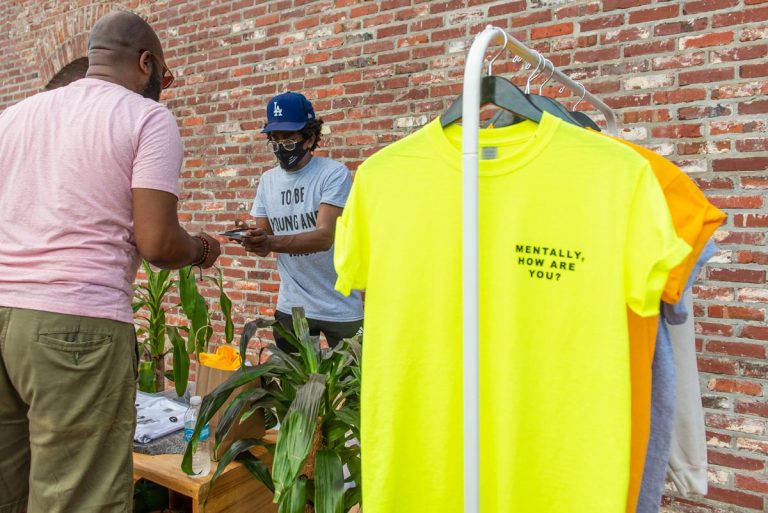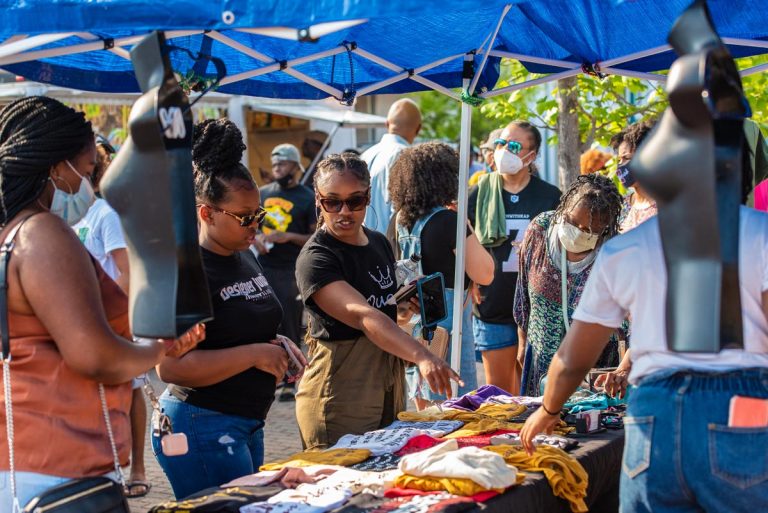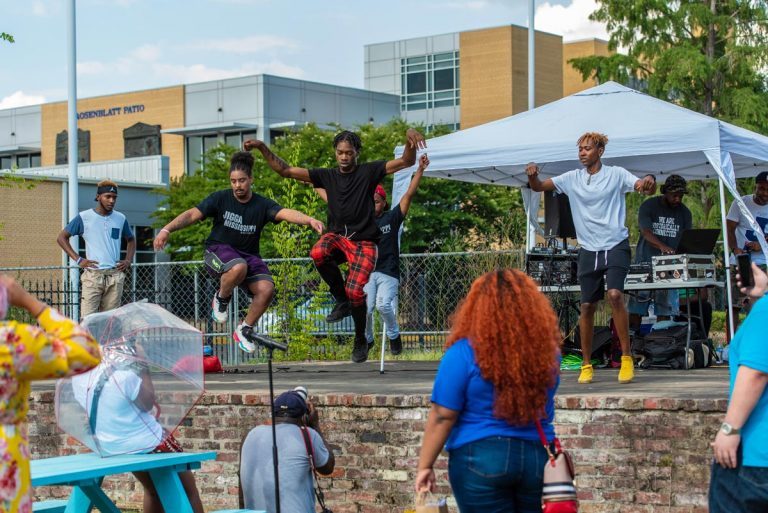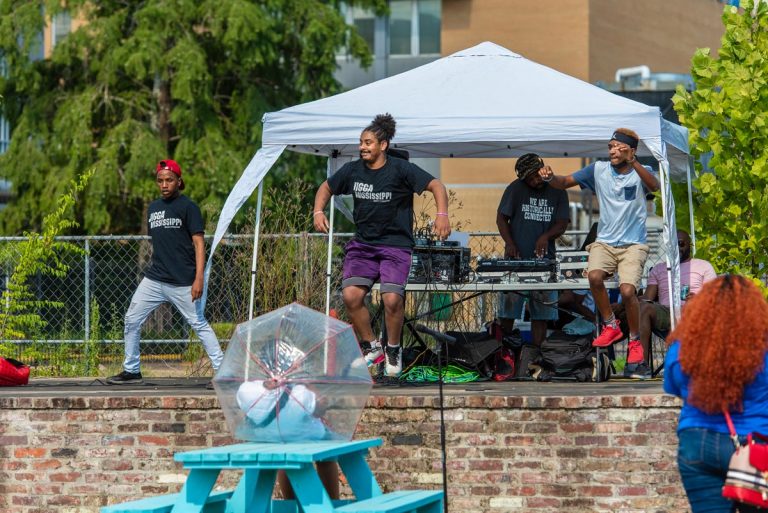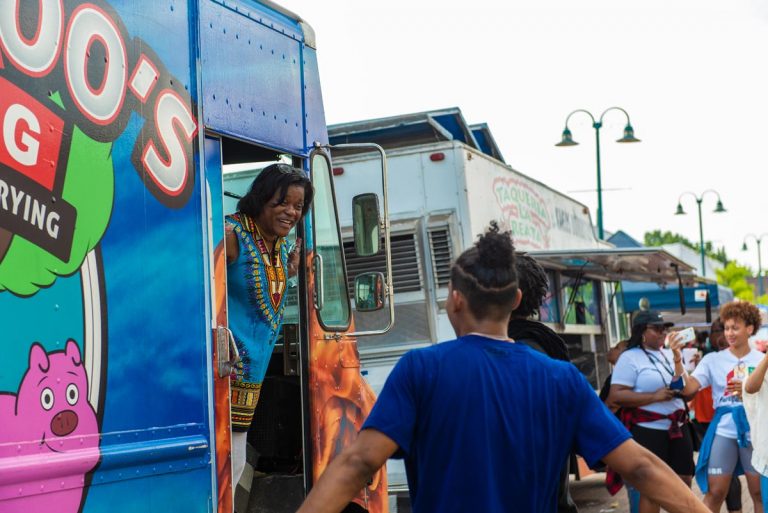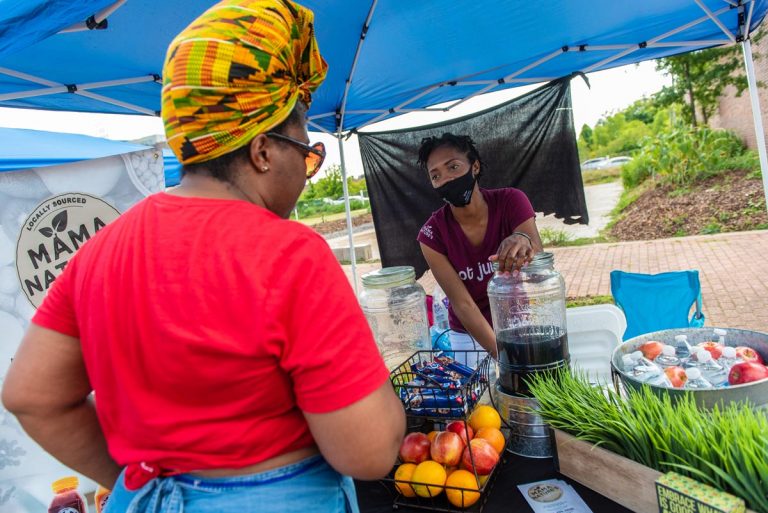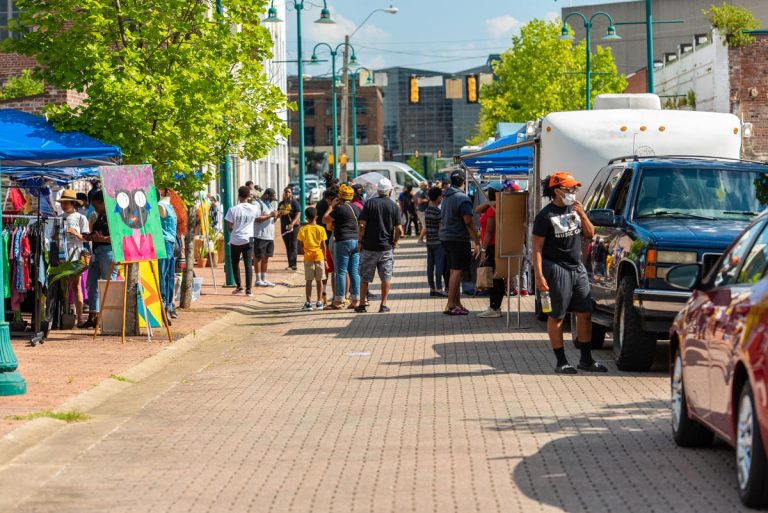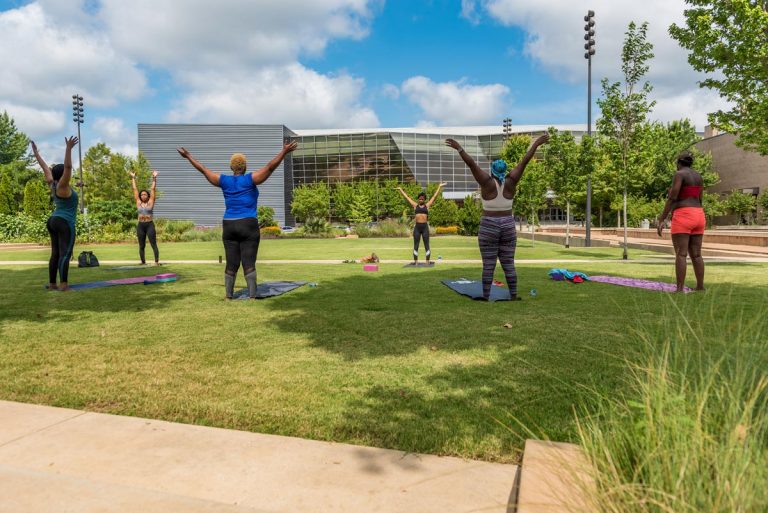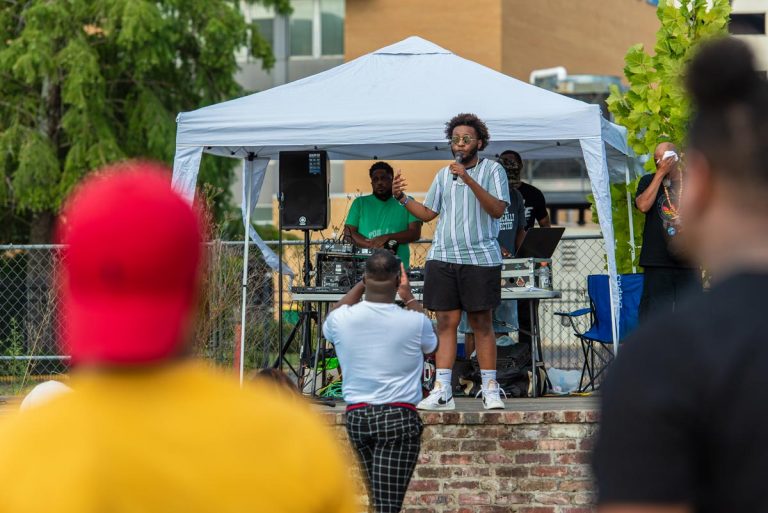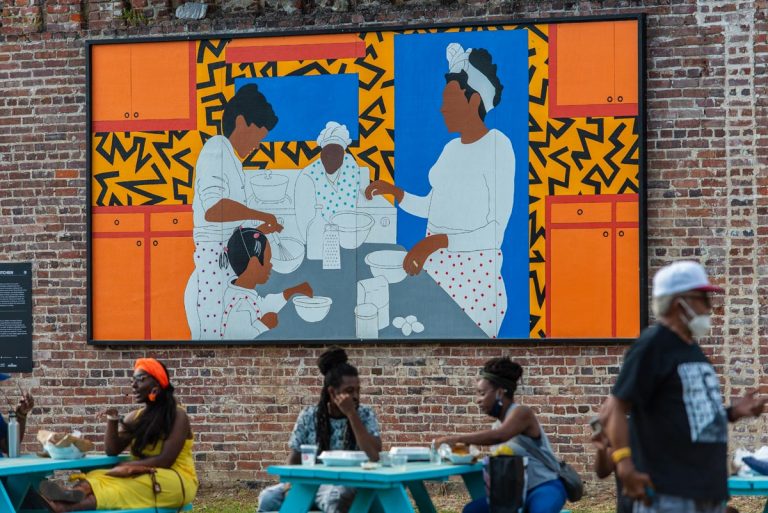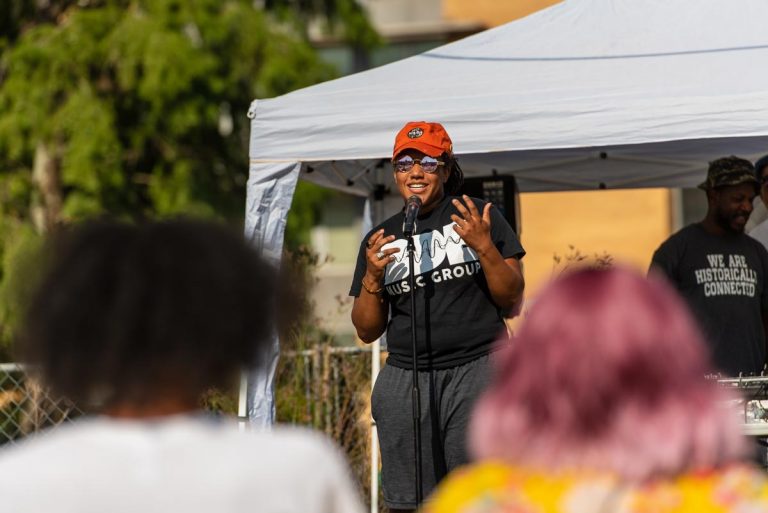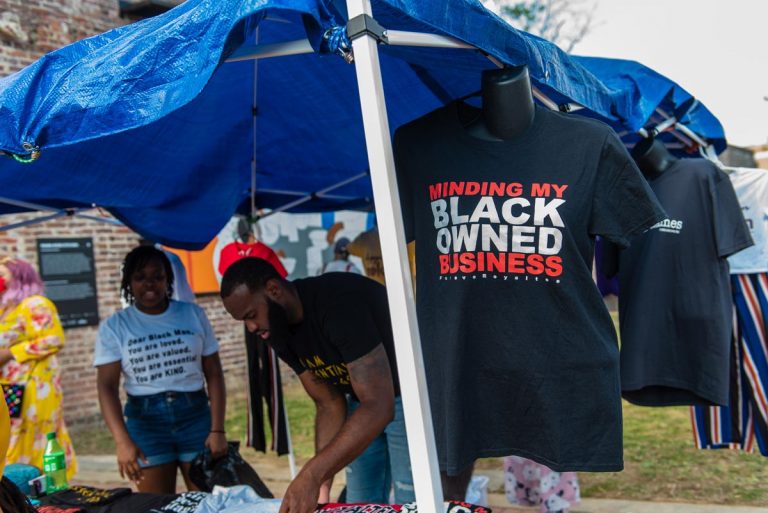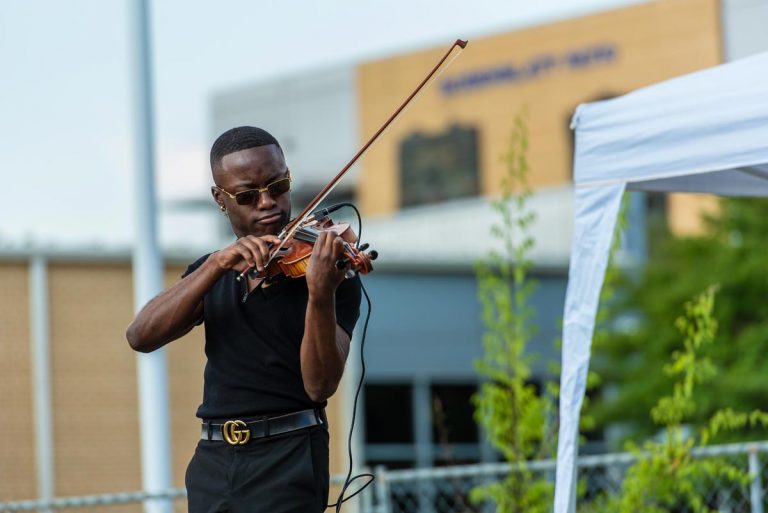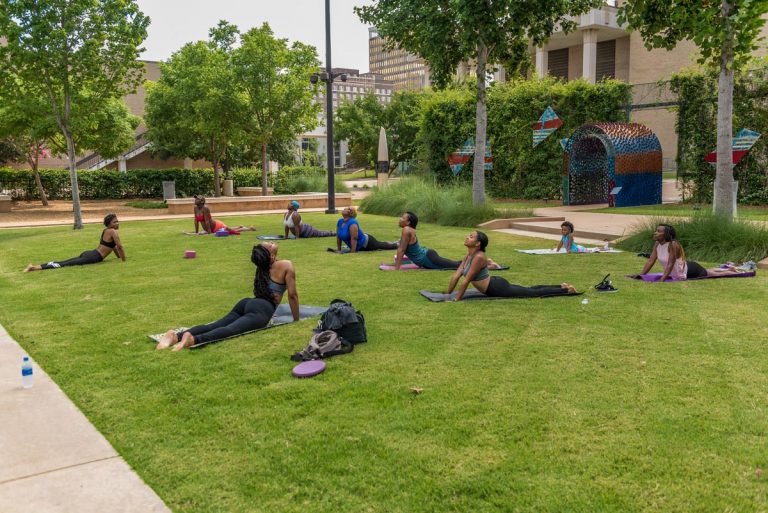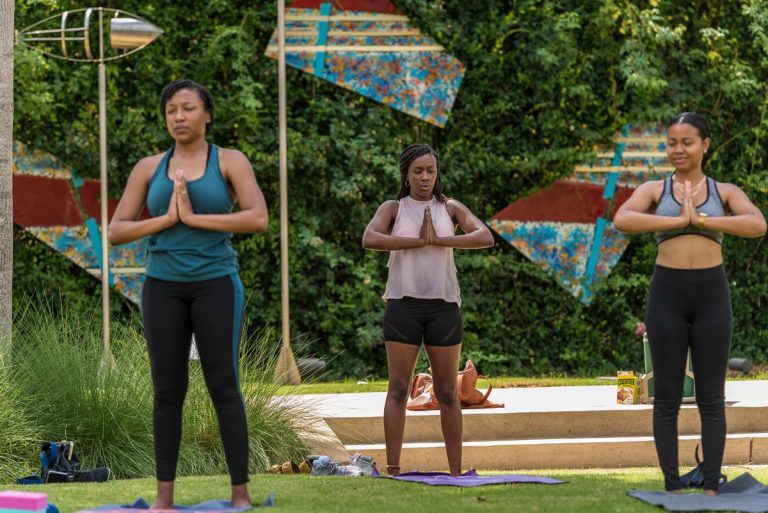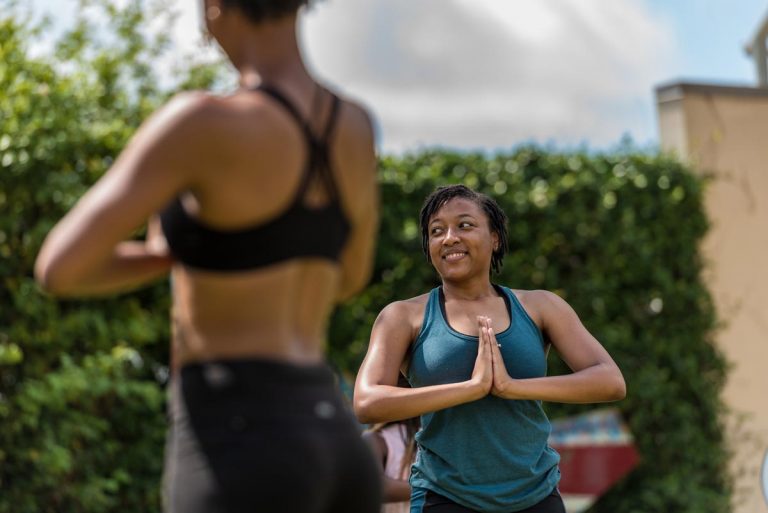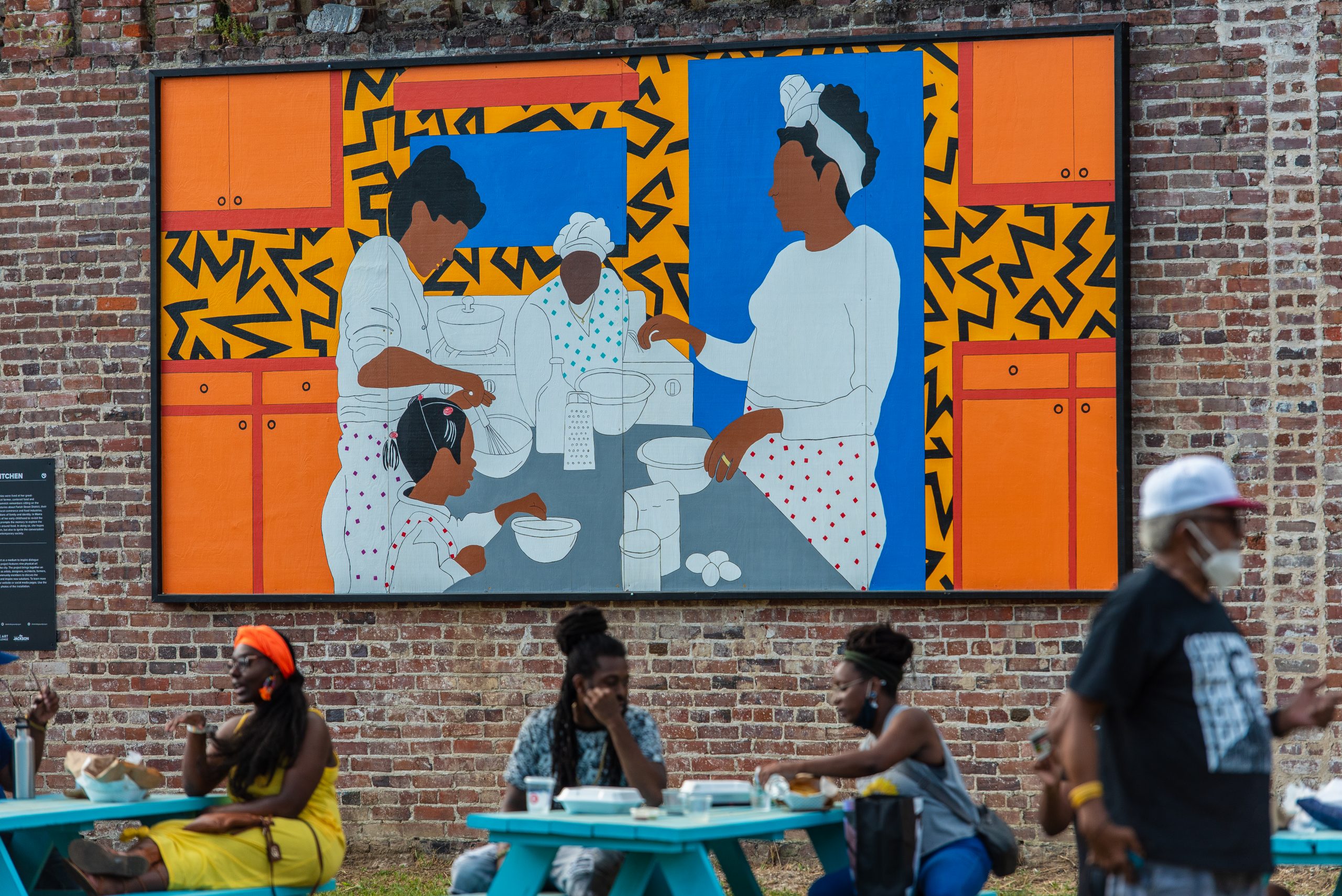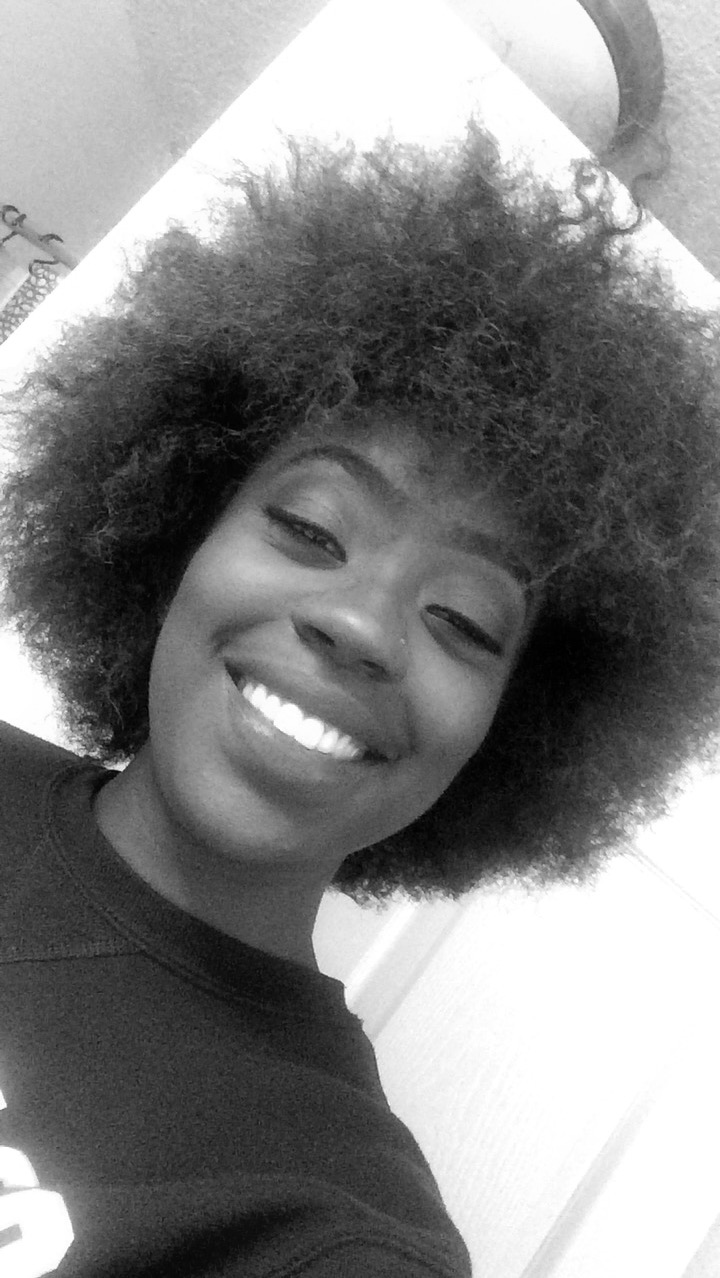Juneteenth celebrates the emancipation of enslaved African Americans in the United States. On June 19, 1865, Union Army Gen. Gordon Granger announced in Texas all slaves there were free, more than two years after the Emancipation Proclamation. Juneteenth celebrations ensued, which consisted of church gatherings before the event spread throughout the South, where people honored the day with food festivals. Today, Juneteenth is celebrated across the country, and a movement is building to make it a national holiday.
The world is living in a time of turmoil, first with the COVID-19 pandemic and recently with the string of police killings of unarmed Black men and women. While people are continuing to protest these injustices, June 19 was a celebration of where we’ve come from and where we’re headed. Here in Mississippi, which had more Black people at the start of the Civil War than white and still has the highest proportion of Black residents in the country, there were a host of Juneteenth celebrations happening, in person and virtually.
It was a time of healing, self-care and a deviation from the chaotic social climate.
‘Our Peace and Black Joy’
“Ya’ll, it’s gone get competitive. I want you to know I came up with all these questions by myself. You know I’m good like that. Let me tell you something, it’s a beautiful day to be Black,” Carl Thomas, host of the Black sitcom trivia game, said on the Zoom.
While Sipp Talk, Black Lives Matter MS and Fertile Ground were hosting “Black Joy As Resistance” on Farish Street, Blacknificent had a virtual Zoom celebration of music, trivia games, motivational speakers, mental-health awareness and dialogue.
After 20 rounds of trivia questions spanning 1990s TV classics like “Martin” to Issa Rae’s “Insecure,” Bria came out the winner with a whopping 17,960 points and won herself a buy-one-get-one free interior painting job from Prime Painting Drywall and Flooring, a Black-owned business in Hattiesburg, Miss. In fact, Blacknificent would be giving out prizes throughout the night from Black-owned businesses across the state (Vendors list can be found here ).
The festivities continued with a performance from singer-songwriter Elsie, who performed “My Mississippi” in front of the Mississippi Capitol building in downtown Jackson. “Our future, although it may look dim right now, looks very bright and I’m excited to be a part of that change,” the singer-songwriter said.
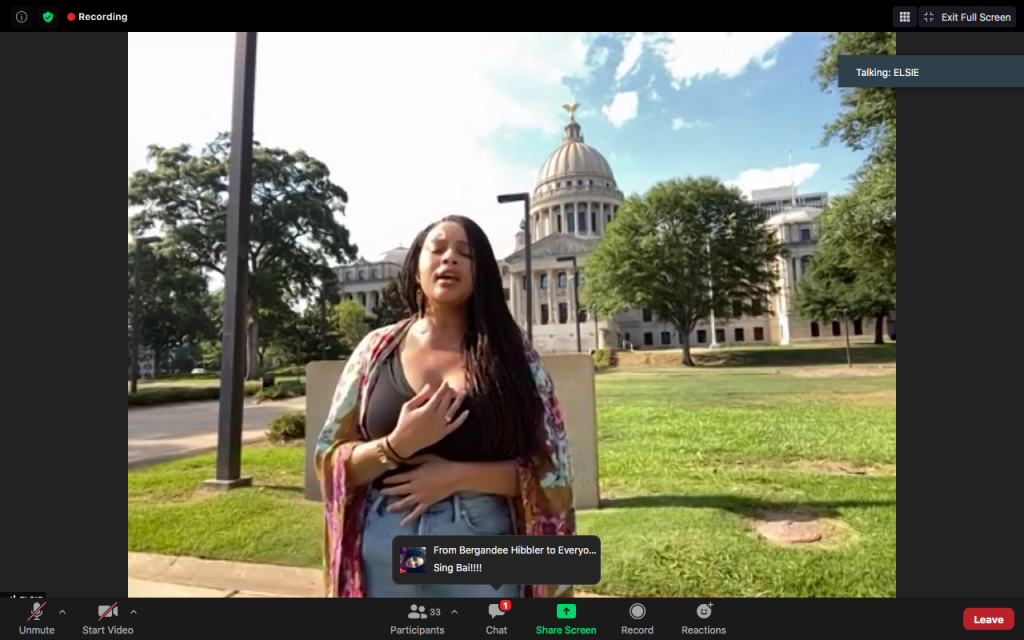
Everyone was in high spirits following the trivia game and Elsie’s performance. But right before the festivities could continue with poet and author Logan Rena, we had some party crashers. Hackers attacked the Zoom with racial epithets and silly images, proving that Black people can’t have one day to ourselves. But despite the interruption, it wasn’t enough to dispel our spirit.
“You will not disturb my peace and the peace of other people. You’re going to keep infringing on our peace and Black joy, but we’re going to keep removing you,” Steven said.
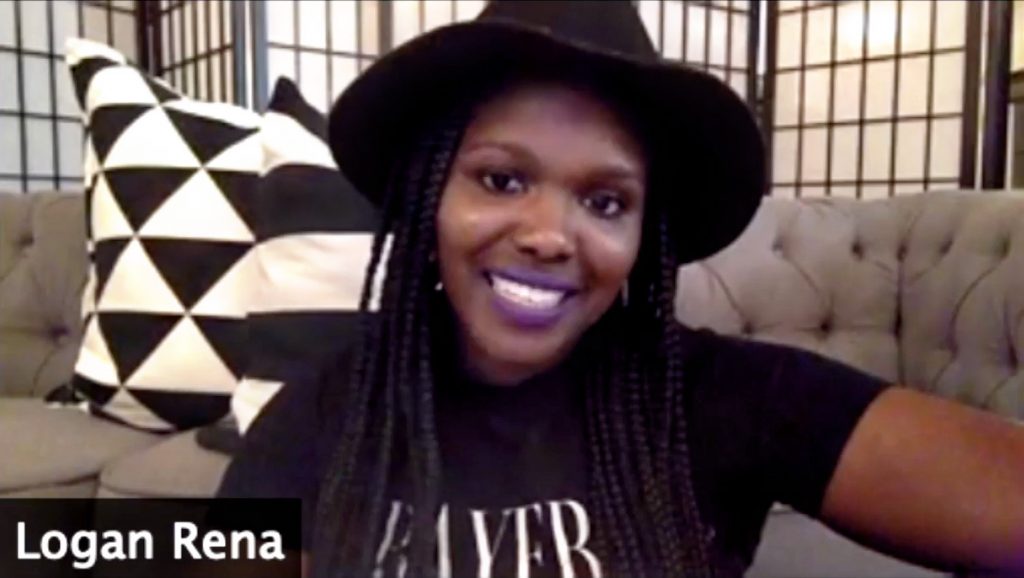
‘I Am Intelligent. I’m Forgiven. I’m Blessed. I Am Stunning’
Once the troublemakers had been removed, “Never Ask For Permission Again” author and poet Logan Rena followed up by reciting beautiful “soulfirmations” to reinforce the beauty and value of Black people.
“I am intelligent. I’m forgiven. I’m blessed. I am stunning. I bear much fruit. I’m a pioneer. I will prosper. I’m covered. I’m a masterpiece,” Rena said.
She created these affirmations after she lost her mom to breast cancer. She had to reevaluate her life, her purpose, her identity and where her source of encouragement would come from.
“I was asking God, ‘I need you to tell me who I am because my identity has been wrapped up in brunch, taking trips, making money, being seen, being liked, being validated by other people,” Rena said. “Since none of that has ever been enough for me, I need you to tell me who I am.’ And these are just different definitions he gave me.”
She said to be chosen is a gift and grace that sets one person apart from the rest. She listed Martin Luther King Jr. as an example of someone chosen to do something greater than him.
“Not only do you know who you are, but you know why you’re here,” Rena said. “George Floyd will forever be on the mouths of people for the rest of his life. And being chosen sometimes is not sexy. George Floyd did not intend for that to be his story that day, but he was chosen to change history.”
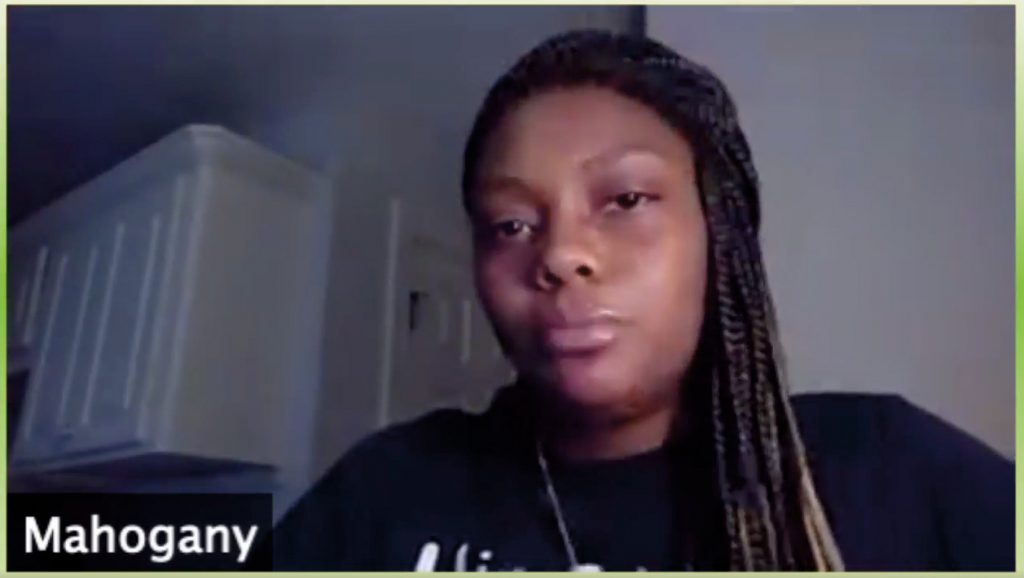
Knocking Over Those Small Battles
Mental-health specialist Mahogany Hibbler gave some great mental health tips to help navigate these trying times. She advised viewers to identify their triggers, recognize early signs and set up safety guards when trying to manage their emotions.
“It’s very important that we are able to honor our raw emotions as they happen,” Hibbler said. “I believe we sometimes struggle to let our emotions naturally manifest, and we suppress rather than handle our issues. When we fail to do that sometimes we set ourselves up to conquer bigger mountains than knocking over those small battles.”
She said this leads to us identifying our triggers, which are things that tick us off, though most people don’t recognize what their triggers are. She advises her clients to keep notebooks to help with cognitive behavior therapy, which requires reflection, writing and time alone.
“That leads to recognizing your early signs. (These) are the things you might or might not do once you do realize you are in a crisis or you feel some type of way about something,” the mental-health specialist said.
Hibbler has clients who turn red in the face or get hot when they are upset, she said. While those are natural reactions, she advises people to find the balance between what is self-preservation and what is detrimental to mental health.
This leads to setting up safety guards, which can include setting and enforcing boundaries and unplugging. “It’s been some days I did not get on social media. It was some days I did not watch certain movies. It was some days I did not watch certain videos because I knew I was not mentally and emotionally in the place to watch them,” Hibbler said.
She said it’s our responsibility to practice self-care and protect our peace, which is her motto. “If it requires you to put someone on do not disturb, that’s a boundary. Protect your peace,” she said.
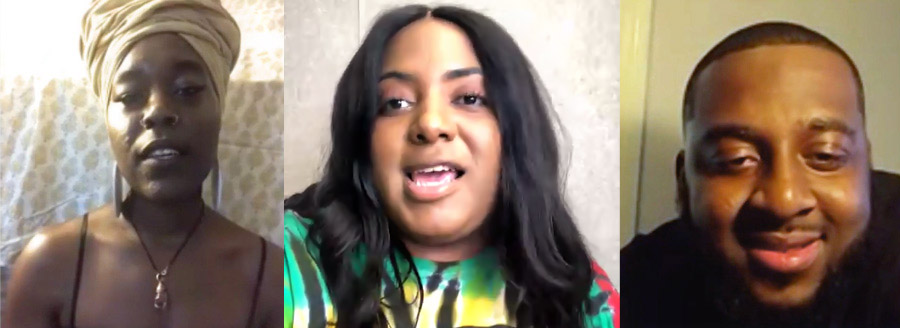
‘Every Defiant Kink on your Head Is a Protest’
Poets Miranda Hicks and Jasmine Thomas gave moving performances of their poems, “Tell’em” and “Freedom Has Not Yet Rung Here” respectively. Hicks and Thomas wrote their poems years ago, but their relevance still holds true today.
In “Tell’em,” Hicks anthem was to Black strength:
Tell’em how every defiant kink on your head is a protest
That says my crown is every strand and it refuses to fall
How it never has to be placed on your head
See you were birthed into this …
Jasmine Thomas’ “Freedom Has Not Yet Rung Here” was a call to continue the fight for freedom:
“I will be the first one to tell you
That freedom has not yet rung
And cage birds, they no longer sing here
But anthems still play as slave blood is
Shed in the streets …
Rapper Alvin Gee, in his black and bold “My Execution Might Be Televised” t-shirt performed a verse about the brutality black people are facing this past month.
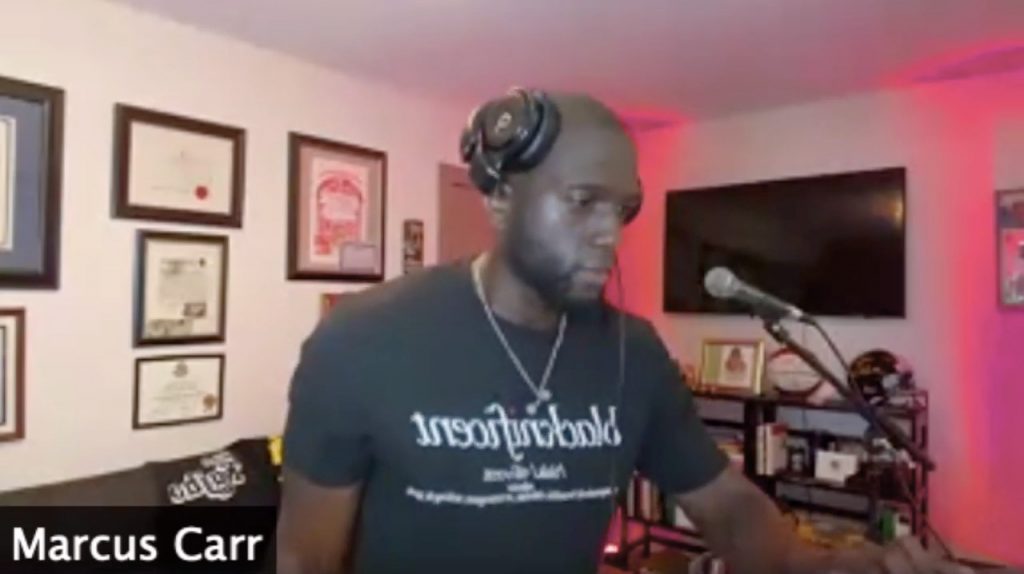
Blacknificent means to be impressively beautiful, elaborate, or extravagant; striking and Black. It was an apt description for an experience filled with laughter, joy, music, peace and blackness.
‘Where Do We Go From Here?’
The question that kickstarted the conversation for the Blacknificent panel following DJ Kuhjo’s jam session was about where to go next. Panelists attorney Ray Young, Judge Gay Polk-Payton and musican Dave the Rapper had a rousing discussion of how we can move forward collectively to effectively create change.
Ray Young said Black people cannot exhaust any more energy in telling racists not to be racists. He suggested lobbying for legislation that will benefit and enrich the Black community.
“It’s up to us to make sure our kids learn to read, that our Black men aren’t prosecuted at a rate that’s different from white men. It’s up to us to make sure we’re pulling ourselves up. I think we have to pull more,” Young said.
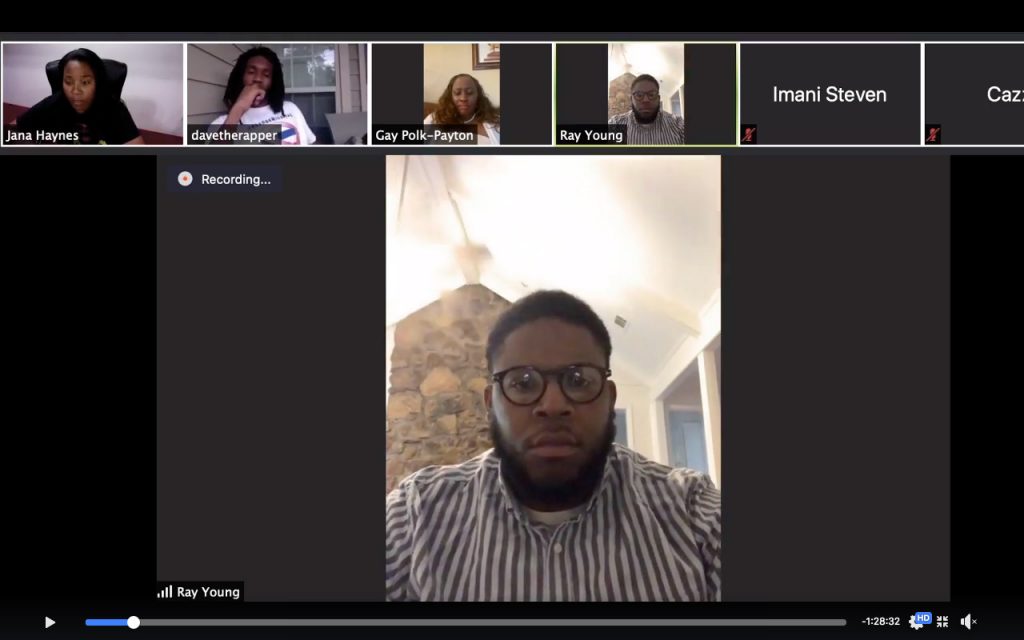
Judge Gay Polk-Payton stressed the importance of voting and Black people knowing their rights. “If we want things to happen that have never happened before, we’re going to have to do what we haven’t done before. Get people to the polls. There is no excuse,” she said.
Dave the Rapper stressed that education is key, and educating at a young age is an effective solution to helping to condition the mind to understand voting and politics so that it becomes inherent.
“I believe I’m the best rapper in the world,” he said. “If God does put (me) on a platform where I am the most visual, audio available artist in the world for kids to see, I want to tell them information where Dave said it’s cool to vote, it’s cool to read about this and that.”
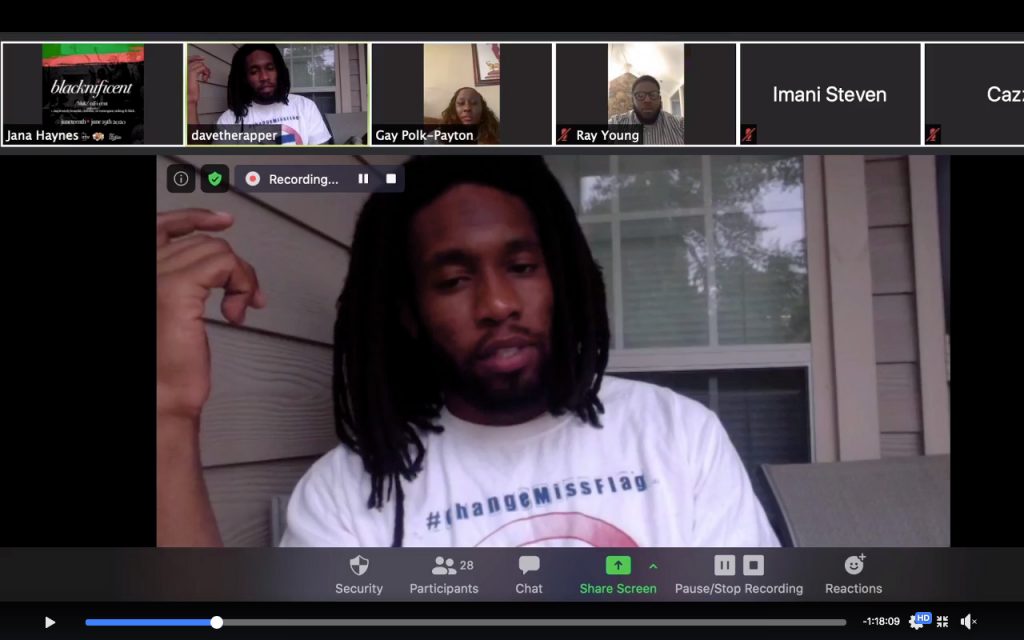
Moderator Jana Hayes followed up with asking why Black people don’t vote more, and the answers varied. Young said Black people vote, but need to vote more consistently, while Judge Gay Polk-Payton said the demonization of candidates steers people away from voting all together.
“Politics will never be perfect,” she said.
In light of the various police killings happening across our nation, one viewer asked a poignant question: What do our Black boys do?
“No one is immune. If you are a Black man in this country, and you’re relatively conscious, it’s a constant rage. I don’t know how to fix that. My advice to young Black men is quite simply do the most good you can do often in every endeavor in life,” Young said.
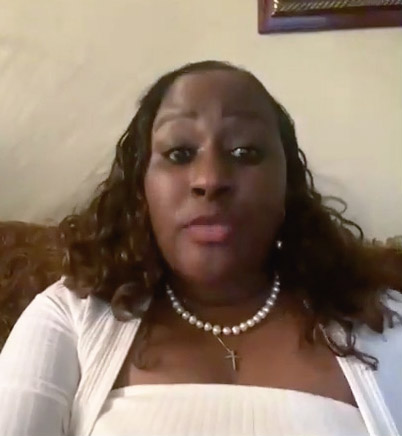
Judge Gay Polk-Payton, who has a son, said she raised him with a strong hand because she knew the justice system would not be kind to him. “Discipline is not the enemy of enthusiasm. You have to give your children love with discipline while you can,” she said.
‘You Cannot Unsee’
On Saturday, June 20, the conversation continued with Jasmine Williams’ Sipp Talk Instagram Live conversations with poet-scholar Dominique Garrett-Scott and artist-organizer Amanda Furdge about how to be politically educated and how art and social change intertwine.
In “Nurturing the Flame,” Garrett-Scott stressed the importance of a political education and how it can shape organizing so that the rallies, sit-ins and protests are not just moments, but strategies that contribute to a greater long freedom struggle.
“When we study the past, we see Black people talking about the same exact things that we are talking about today in 2020. It’s a fucking shame that you can be prophetic about racism in that kind of way. How are we measuring progress if these patterns continue to persist?” she said.
The poet-scholar advises people to support organizations run by and centered around women. In Austin, Texas, she said two queer Black women founded an organization to create autonomous Black communities around the country. This organization has created a Black press, a Black freedom school, a community defense, and they run a reparations fund where white people donate money, and it’s distributed to Black people, she said.
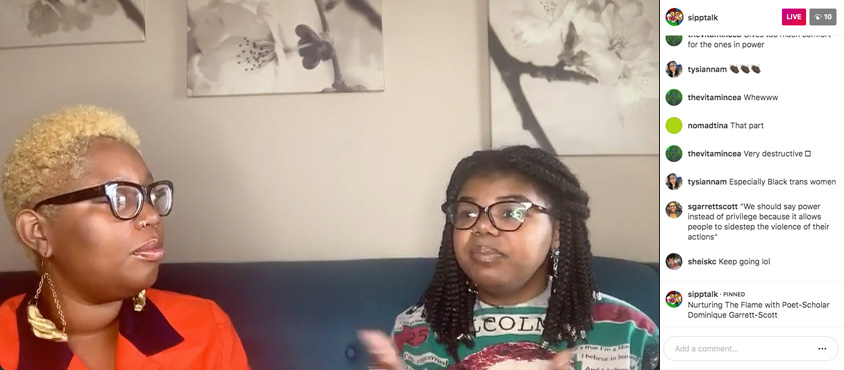
“These are radical Black women who are taking up the challenge of imagining a new world. Imagine how different Black folks’ lives would be if we were given the reparations we are owed,” she said.
If there are no organizations of this type that exist, then create one, she suggested. It’s what she did with her organization USAS Local Students Against Social Injustice, which she started while attending the University of Mississippi.
Garrett-Scott advises people to educate themselves; study terms like capitalism, patriarchy, abolition; and read authors like bell hooks, Audre Lorde and Franz Fanon.
“It takes a certain building of your intellectual muscles. I supplemented that with political study. As you start developing your political consciousness, you’ll start seeing how fucked up the world is. You cannot unsee and unknow what you know. That is its own weight,” the poet-scholar said.
‘A Sense of Fire’
In “The Artist and the Movement” conversation, artist-organizer Amanda Furdge said that though the role of an artist is to reflect the times for which they live in, it’s also the role of an artist to be authentic.
“More than one thing can be true at the same time. It is my duty as an artist to reflect the times, and it’s also my duty as an artist and human being to reflect my time,” Furdge said.
She spent time in Chicago as a full-time artist performing poetry and curating art. While there, she learned to organize in an urban setting with the All African Revolutionary Party as Fred Hampton Jr. ‘s secretary. Being from Mississippi and knowing its relationship to the Civil Rights Movement, she said she realized she naturally had the tools for organizing, but had never used them.
“Chicago gave me a sense of fire. It set me on fire,” Furdge said.
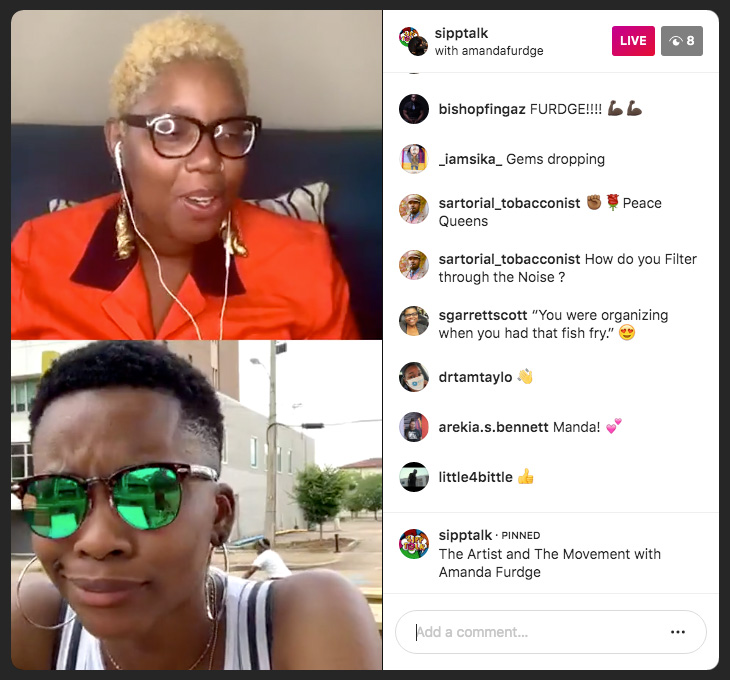
Furdge said being around legendary revolutionaries such as Hampton Jr. and Deborah Johnson, Hampton Sr.’s wife and Hampton Jr.’s mom, she had to let go of her fears.
“The Chairman say we finna go down to the police station, and you know what that means, and having to stand on that. And then when I get in the bed at night, I did that shit. When I came back here, it’s a breeze to talk about certain topics,” she said.
With a dual role as an artist and activist, Furdge said she is using her tools to help spread the language of the people while also being careful not to overwhelm people with their suffering.
“Everybody’s language is art. Everybody recognizes a significant painting. Being Black with it, everybody recognizes a vibration, whether that be a song or a protest. You have to recognize the language of the people in your system,” she said.
As to where we go next, Furdge said it’s important to find authentic partnerships and authentic allies that are willing to take risks and sacrifice on behalf of Black people, she said.
“One beautiful thing about social media is the veil is ripped. There is a certain part of white culture that is in love with Black culture. So what you gone do? It’s your responsibility to educate the folks who can make the plays. Not mine,” the artist said.
Gallery: Juneteenth in Jackson
